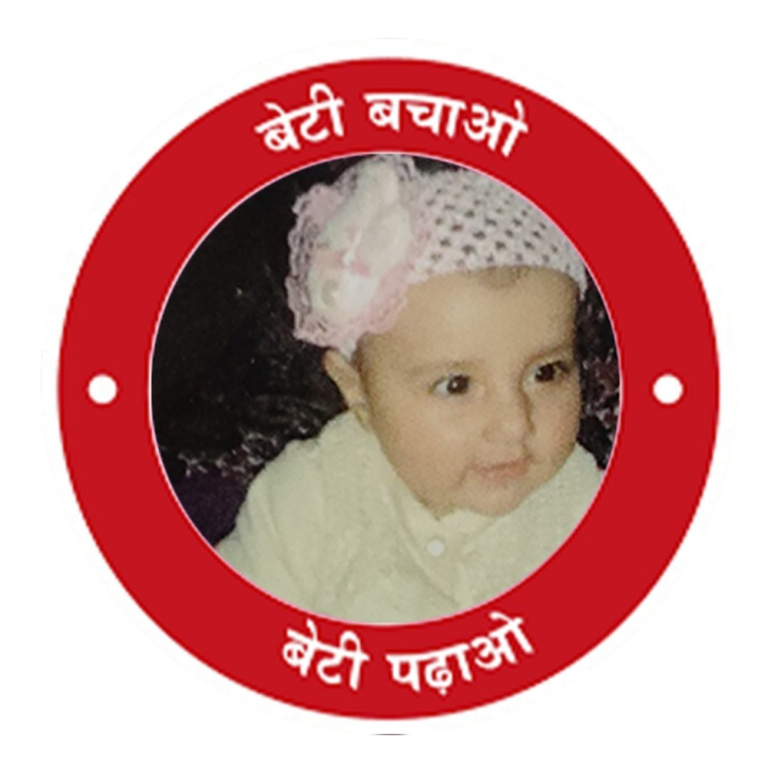Fertility Treatment After Miscarriage: What Every Couple Should Know 🤍

Dr. Pujil Gulati, IVF Specialist with over 13 years of experience in Assisted Reproductive Techniques BabyBloom IVF Gurgaon
⏳ Introduction
Losing a baby is hard. A miscarriage can make you sad and scared. But many couples have babies after a miscarriage. This guide tells you, in very simple words, what to know about fertility and treatment after a miscarriage. It helps you plan, ask the right questions, and stay safe.

What is a miscarriage? 🩺
A miscarriage means pregnancy ends by itself before 20 weeks. Most happen in the first 12 weeks. It is common. It is not your fault. Doctors can help you heal and plan next steps.
Can you get pregnant after a miscarriage? 👶
Yes. Many people get pregnant soon after a miscarriage. Your body can ovulate (release an egg) as soon as two weeks after an early miscarriage. Talk to your doctor about when it is right for you to try again.
When should you try again? ⏳
Simple rules many doctors use:
- If you feel ready, you may try again after your doctor says it is okay.
- Some doctors say wait until you get a negative pregnancy test and one normal period — this makes dating easier.
- Research shows many people who try again within 3 months do well. There is not one rule for everyone. Talk with your doctor.
(If you had complications, heavy bleeding, infection, or a surgery to remove pregnancy tissue, your doctor may ask you to wait longer.)
When should you see a specialist? 🩺➡️👩⚕️
If you have had two or more miscarriages in a row, your doctor may suggest tests and a specialist. Tests try to find a reason, like hormones, blood, or uterus problems. Finding a reason can help choose the best treatment
Common fertility checks and tests 🔬
Before fertility treatment, doctors check both partners:
- Blood tests: hormones like FSH, TSH, prolactin, progesterone, AMH.
- Ultrasound: to see the uterus and ovaries.
- Semen analysis for the partner.
- Genetic tests if repeated losses.
- Blood clotting or immune tests (used sometimes).
These tests help the doctor pick the right plan.

Fertility treatment options after miscarriage ✅
If tests find a reason, or if natural tries don’t work, these options may help:
- Try naturally with tracking — use ovulation kits, keep a healthy life.
- IUI (Intrauterine Insemination) — doctor places sperm near the egg.
- IVF (In Vitro Fertilization) — eggs and sperm made into embryos in a lab; embryos placed in the uterus. IVF may include genetic testing (PGT) to find embryos with normal chromosomes.
- Medicine — to fix hormones or other issues.
- Surgery — if uterine shape or polyps cause trouble.
Your doctor will explain pros and cons in simple words. Success depends on age, test results, and cause.
Steps couples should take before starting treatment 📝✨
- See your doctor for a checkup.
- Take folic acid (400 mcg daily) before trying.
- Eat well and move — healthy weight helps.
- Stop smoking and limit alcohol.
- Check chronic health problems like diabetes or thyroid.
- Let your partner get tested (sperm health matters).
- Plan finances and time for tests and visits.
- Get emotional support — counselling or support groups help.
What to expect during fertility treatment 🧪
Fertility care can take weeks to months. Expect:
- Many blood tests and scans.
- Appointments for injections or procedures.
- Good and bad days. Be kind to yourself.
- Your doctor will explain side effects and success chances.
Remember: each body is different. Some couples succeed quickly. Others take longer.
Quick tips for couples 👩❤️👨
- Talk to your doctor. Ask simple questions.
- Share feelings with your partner.
- Keep a health plan: vitamins, sleep, good food, less stress.
- Track cycles to know best days to try.
- Join a group or ask for counselling if you need it.
FAQs — Short and simple ❓
Q1: How soon can I try to get pregnant after a miscarriage?
A: Many can try once they feel ready. You can ovulate in about 2 weeks, but ask your doctor first.
Q2: Do I need tests after one miscarriage?
A: Usually not after one loss. If you have two or more, doctors often suggest tests.
Q3: Will IVF help after a miscarriage?
A: IVF can help if tests show a problem that IVF can fix (like embryo issues). Your doctor will advise.
Q4: Does miscarriage mean I am infertile?
A: No. Most people with a miscarriage can have healthy pregnancies later.
Q5: Should I wait six months like WHO once said?
A: Older guidance suggested longer waits, but newer research shows many do well if they try sooner. Talk to your doctor about your health.
Q6: Can my partner do tests too?
A: Yes. Male fertility tests (semen analysis) are important.
Q7: How to cope with fear of losing another baby?
A: Counselling, talking to your doctor, and doing simple health steps can help.
Q8: Is genetic testing needed?
A: Not for everyone. It is more often used if miscarriages repeat or if tests show a reason.
📝 Conclusion
A miscarriage is painful. But many couples have babies after a loss. Use simple steps: talk to your doctor, get needed tests, look after your body and mind, and seek help when you need it. Small steps add up. If you want, I can make a downloadable checklist (pre-treatment checklist) or a short FAQ box you can put on your blog.
OR If you need any information related to IVF, contact our Babybloom IVF Centre or call us at 9266046700 to clear your doubt.
Write your message:-
Error: Contact form not found.

Social Media Links :-
Welcome to BabyBloom IVF, where your journey to parenthood is nurtured with care, expertise, and the latest advancements in fertility treatment. Located in the heart of Gurgaon, Babybloom IVF is the Best IVF Centre in Gurgaon & leading fertility center dedicated to helping couples achieve their dreams of starting or growing their families.
Contact Us
Address No.1 I, block, 189, near Baani Square, South City II, Sector 50, (Gurgaon) Gurugram, Haryana 122018
Address No.2 Babybloom IVF, Nursing Home, Civil Rd, Company Bagh, Rohtak, Haryana 124001

Brought Happiness to the world
@BabyBloom IVF All Rights Reserved @2025


